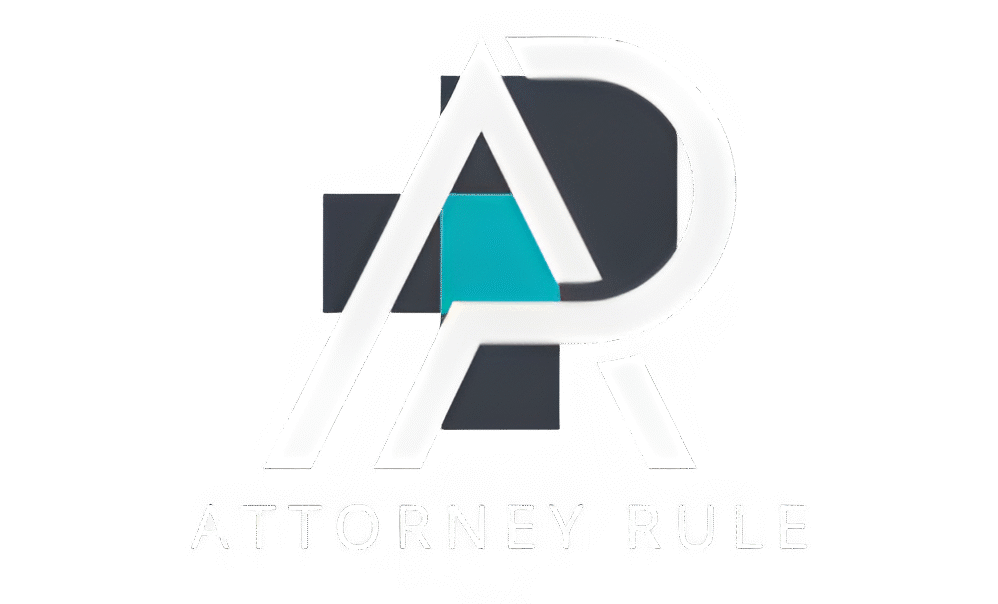Health law jobs are at the intersection of two vital fields: medicine and legal practice. As healthcare continues to evolve, so does the need for professionals who can navigate complex regulations and advocate for ethical practices. This dynamic sector offers a variety of career opportunities that not only promise growth but also allow individuals to make a significant impact on society.
With an increasing focus on patient rights, compliance issues, and public health policies, health law is becoming more relevant than ever before. If you’re seeking a fulfilling career that combines your passion for justice with your interest in healthcare, exploring health law jobs could be the perfect path for you. Let’s delve deeper into this exciting field and discover what it has to offer!
Why Health Law is a Growing Field
The healthcare landscape is evolving rapidly. With advancements in technology and increasing patient needs, the demand for legal expertise in health matters has surged.
Regulatory changes are frequent. New laws emerge to address everything from telemedicine to data privacy. These developments create a constant need for professionals who understand both law and medicine.
Moreover, as healthcare becomes more complex, so do the compliance requirements. Hospitals, insurers, and pharmaceutical companies seek guidance to navigate this intricate terrain.
Public awareness of health issues has also grown. Patients are becoming savvier about their rights and seeking legal recourse when necessary.
As society grapples with ethical dilemmas—like end-of-life care or genetic testing—the role of health law continues to expand. This intersection of disciplines offers exciting opportunities for those passionate about making an impact.
Types of Health Law Careers
Health law offers a diverse range of career opportunities. Legal professionals in this field can focus on various aspects, such as regulatory compliance and patient rights.
Health care attorneys often work with hospitals and clinics, ensuring they meet federal and state regulations. They may handle contracts, liability issues, or malpractice cases.
Another exciting role is that of a health policy analyst. These experts research policies impacting public health and advise government agencies or non-profits on best practices.
Additionally, legal consultants assist companies navigating complex healthcare laws. Their expertise helps organizations avoid costly legal pitfalls while maintaining ethical standards.
Compliance officers play a vital role by monitoring adherence to laws within healthcare organizations. They implement protocols to ensure operations align with current legislation.
Some professionals choose careers in bioethics—examining the moral implications of medical practices and technologies. This niche area combines law with philosophical inquiry for impactful decision-making.
Qualifications and Education Requirements for Health Law Jobs
To pursue health law jobs, a solid educational foundation is essential. Typically, candidates must earn a Juris Doctor (JD) degree from an accredited law school. This education equips them with the necessary legal knowledge and skills.
Specialization in health law during their studies can be beneficial. Many schools offer electives focused on healthcare regulations and medical ethics. Gaining practical experience through internships or clerkships also enhances prospects.
Further certification in health law may set candidates apart from others in this competitive field. Organizations like the American Health Lawyers Association provide resources for ongoing education.
In addition to formal qualifications, strong analytical abilities are crucial. Professionals should possess excellent communication skills to navigate complex legal issues effectively.
Keeping abreast of changes in healthcare policies and regulations is vital too, as the landscape often evolves rapidly. Continuous learning ensures that professionals remain relevant and informed.
Top Employers in the Health Law Industry
When exploring health law jobs, identifying top employers can be crucial for your career trajectory. Major healthcare providers often seek legal expertise to navigate complex regulations.
Large hospitals and medical centers frequently hire in-house counsel. Their focus is on compliance, risk management, and patient rights.
Law firms specializing in healthcare law are another significant avenue. These firms represent clients ranging from physicians to pharmaceutical companies, ensuring they adhere to the ever-evolving legal landscape.
Government agencies also play a key role. The Department of Health and Human Services employs attorneys who work on policy development, enforcement actions, and regulatory issues affecting public health.
Non-profit organizations dedicated to health advocacy require legal professionals as well. They address critical issues like access to care and health equity while influencing legislation that impacts communities nationwide.
Salary Expectations for Health Law Professionals
Salary expectations for health law professionals can vary widely based on experience, location, and specific job roles. Entry-level positions might start around $60,000 to $80,000 annually. However, as one gains experience and specialization in the field, salaries can rise significantly.
Mid-career professionals often see earnings between $90,000 and $130,000. Those who reach senior or executive levels within organizations may earn upwards of $150,000 or more.
Geographic location also plays a crucial role. Major metropolitan areas typically offer higher salaries compared to rural settings. The demand for skilled professionals in this niche adds further upward pressure on compensation rates.
Benefits packages are another important aspect of total compensation. Many employers provide bonuses, retirement plans, and comprehensive healthcare coverage that enhance overall earnings potential in the health law sector.
Tips for Landing a Job in Health Law
Landing a job in health law requires strategy and preparation. Start by gaining relevant experience through internships or volunteer opportunities. This hands-on exposure is invaluable.
Networking plays a crucial role. Attend industry events, join professional associations, and connect with mentors who can provide insights into the field. Building relationships can open doors to unadvertised positions.
Tailor your resume and cover letter for each application. Highlight specific skills related to health law, such as regulatory compliance or patient advocacy.
Consider obtaining additional certifications that enhance your qualifications. Specialized training in healthcare policies or medical ethics can set you apart from other candidates.
Stay informed about current trends and changes in health legislation. Being knowledgeable will not only help during interviews but also demonstrate your commitment to the field.
Prepare thoroughly for interviews by practicing answers to common questions while showcasing your passion for health law.
Challenges and Rewards of Working in Health Law
Working in health law presents unique challenges. The legal landscape is constantly shifting, influenced by new regulations and policies. Staying updated can be demanding.
Professionals often navigate complex issues like patient privacy, malpractice claims, and healthcare compliance. Each case requires meticulous attention to detail and a deep understanding of both legal and medical principles.
Despite these challenges, the rewards are substantial. Health law professionals play a crucial role in shaping healthcare practices that protect patients’ rights. They have the power to influence policies that improve public health outcomes.
Additionally, many find fulfillment in advocating for vulnerable populations or tackling ethical dilemmas within the industry. The blend of medicine and law offers diverse career paths with opportunities for growth.
This field attracts passionate individuals committed to making a difference while navigating an evolving sector filled with potential impacts on society at large.
The Future of Health Law Jobs
The future of health law jobs is bright and full of potential. As the healthcare landscape evolves, so do the legal challenges that accompany it. Rapid advancements in technology, telemedicine, and personalized medicine will create new opportunities for legal professionals.
Regulatory compliance will remain a priority as laws adapt to these changes. Health law experts will be needed to navigate complex regulations surrounding data privacy and patient rights.
Moreover, with an aging population, there’s increasing demand for healthcare services. This surge calls for skilled attorneys who understand both medical practices and legal frameworks.
Emerging fields like biotechnology and mental health advocacy are also on the rise. Legal roles focusing on these niches can expect growth in demand over the next decade.
As awareness around public health issues grows, more organizations are seeking out specialists in this area. The intersection of law and medicine promises innovative career paths ahead.
Conclusion
Health law jobs present a unique intersection between the worlds of medicine and law. As healthcare continues to evolve, so too does the demand for professionals skilled in navigating its complexities. The growing need for legal expertise in health-related matters ensures that careers in this field will remain robust and relevant.
Professionals who choose to delve into health law can find a diverse range of opportunities tailored to their interests—whether that be advocating for patient rights, ensuring compliance with regulations, or working on public health policy. With competitive salaries and an increasing number of employers seeking qualified candidates, it’s an opportune time to consider a career path in this dynamic sector.
Start preparing now if you’re intrigued by the prospect of making a significant impact within healthcare while employing your passion for law. Embrace the challenges ahead as they come with immense rewards—both personally and professionally. The future is bright for those entering this ever-evolving field where one can truly make a difference in people’s lives through effective legal practices surrounding health care issues.

